
5 things to know about Winnipeg’s big sewage problem
115 billion litres, 70 years to fix, $5.5 billion in lawsuits
A high-ranking political staffer in Premier Doug Ford’s government “substantially controlled and directed” the process of removing protected areas from Ontario’s Greenbelt, giving “preferential treatment” to a group of developers, says a new provincial audit.
The explosive revelations were among the key findings of auditor general Bonnie Lysyk’s final report before her term ends in September. The Ford government announced in November 2022 it was dropping environmental protections in a huge swath of the Greenbelt, where it would allow residential development as part of a plan to address the housing affordability crisis. Lysyk’s office is one of several bodies that has been investigating the decision on the request of opposition leaders and members of the public.
Lysyk’s audit — done with the co-operation of the offices of Ford and Minister of Municipal Affairs and Housing Steve Clark — revealed how Clark’s chief of staff played a significant role in the decision-making process.
“Direct access to the housing minister’s chief of staff resulted in certain prominent developers receiving preferential treatment,” Lysyk wrote in the audit. She also spoke to a deputy minister in the housing office who “believed” the chief of staff “was working under the authority of the housing minister and the premier’s office.”
Lysyk found that 92 per cent of the 3,000 hectares (about 7,400 acres) opened were parcels directly pointed out to the staffer by two prominent developers — the same two who went to court to fight her summons to participate in the audit, Michael Rice and Silvio De Gasperis. Ultimately, Lysyk was not able to question them prior to finalizing her report.
While the two developers are not named in the report, Lysyk confirmed in a press conference after its release that De Gasperis and Rice were who she was referencing when noting that developers that own the majority of protected lands opened are set to collectively see a property value increase of nearly $8.3 billion. This comes at great environmental cost, the report says: the Greenbelt changes will result in the loss of 1,000 acres of wetlands and woodlands and threaten at least 29 species at risk.
“Without the protection provided by the Greenbelt Plan, these natural features are at increased risk of being paved over, drained, cut down or polluted,” Lysyk writes.
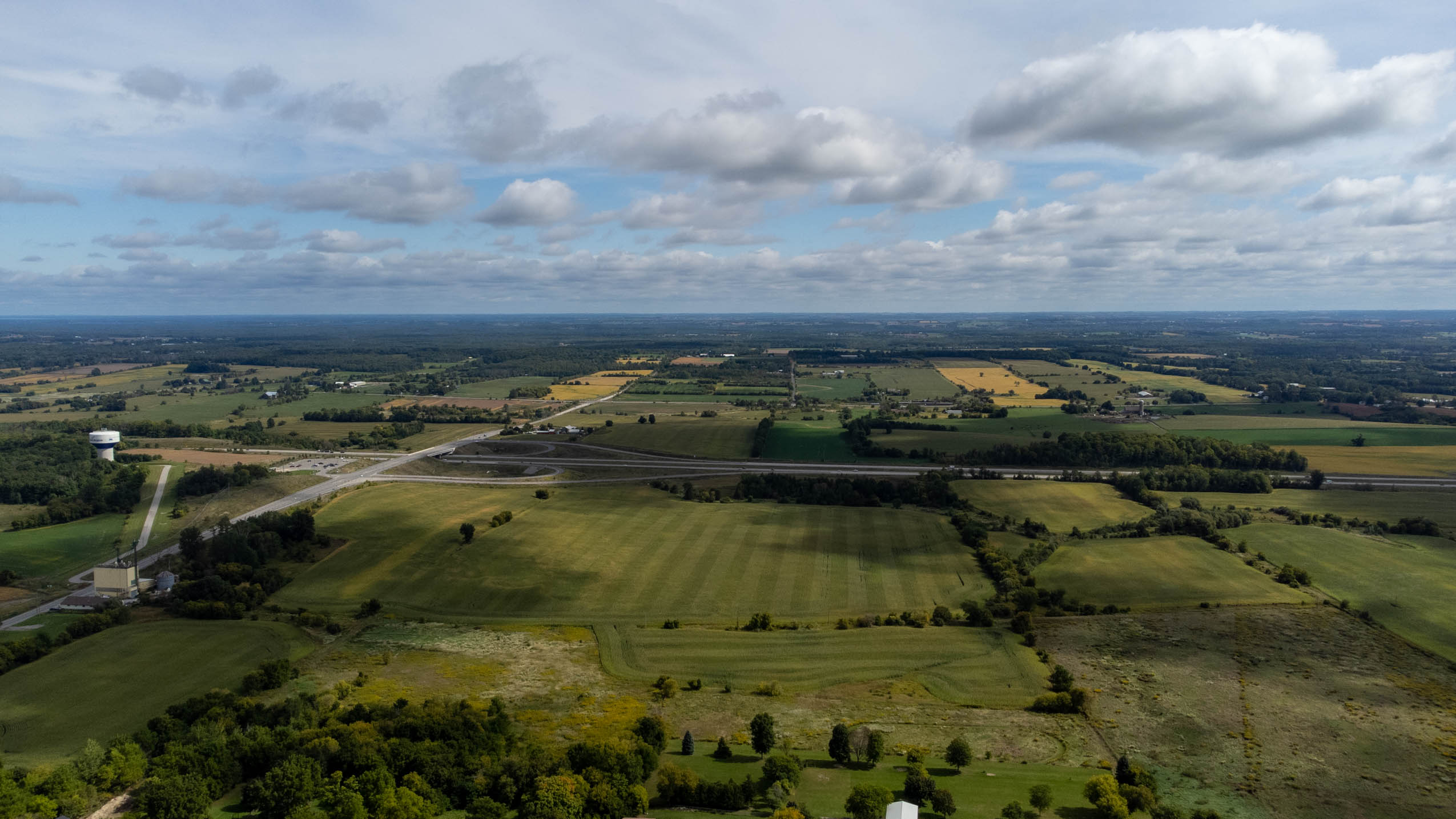
The Ford government has repeated claims that no one tipped off developers about which parcels of land would be carved out of the Greenbelt and that Progressive Conservative politicians and their staff only learned about the decision a few days before they announced it.
For months, Clark has maintained that public servants decided how to alter the Greenbelt, but has avoided answering questions about whether anyone directed them to do so.
Lysyk notes that in June 2022, Clark was tasked in his mandate letter, which has not been released publicly, to “codify processes” to amend the Greenbelt. That much of the work was done by Clark’s chief of staff was neither identified or explained to cabinet, including the premier, when the specific sites to be removed were presented, Lysyk found. While the chief of staff is not named in the report, LinkedIn shows the role has been held by Ryan Amato since July 2022.
According to Lysyk, Clark was first made aware of the specific land sites proposed for removal on October 26. Ford was made aware on November 1, prior to cabinet meeting on November 2.
“Given the high level of public interest that any change to the Greenbelt’s boundary was expected to carry, the housing minister ought to have known the process used that would lead to the removal of land from the Greenbelt, and ensure that cabinet and the premier were also made aware of these details.”
According to the report, the Ford government skipped “a rigorous, comprehensive and expert-reviewed process” of deciding how to change Greenbelt boundaries. Instead, it allowed the chief of staff to create a six-person “Greenbelt Project Team” that was given a rushed timeline to identify and choose lands for removal. The report also says this team was made to sign confidentiality agreements.
Lysyk found that the same chief of staff accepted suggestions on locations where Greenbelt protections should be dropped from Rice and De Gasperis. The report specifically mentions Cherrywood, a proposed development in the formerly protected Duffins Rouge Agricultural Area on land owned by De Gasperis.
Her report also said that Clark’s chief of staff did not inform the minister about the details of what he was working on.
When asked during a news conference whether he had offered his own resignation or asked his top staffer to resign, Clark told reporters both he and his staff have the premier’s confidence and support..
Opposition leaders called for the housing minister himself to resign over what Ontario NDP leader Marit Stiles called “a culture of corruption” and a “process that is rigged to serve the very wealthy and the very powerful.”
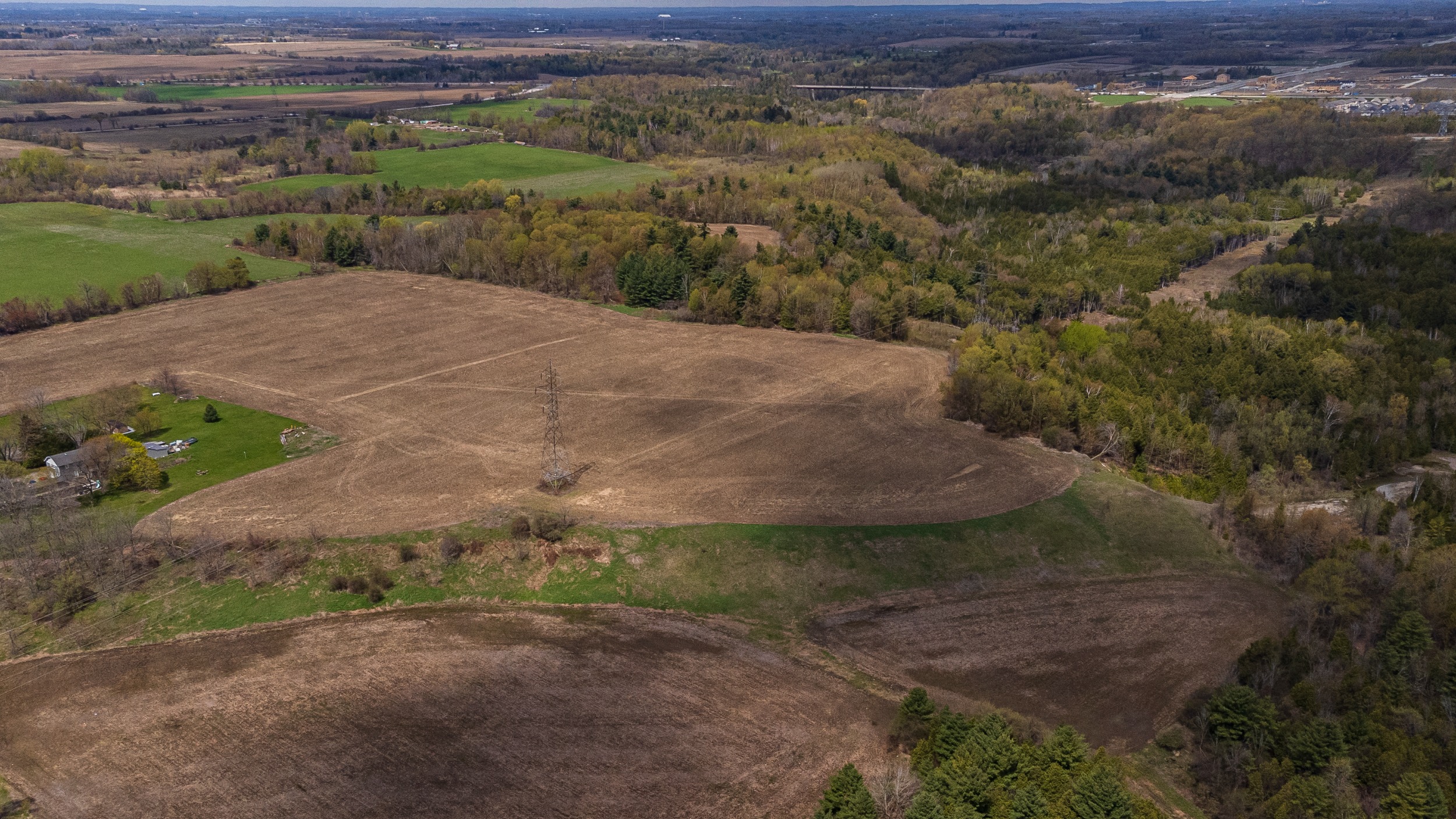
Overall, the government’s process of adjusting Greenbelt boundaries “was seriously flawed and was dismissive of effective land-use planning,” Lysyk concludes.
Her report makes 15 recommendations to the government, which includes strengthening guidelines for engagement between political staff, public servants and stakeholders. It also includes asking the integrity commissioner — who is already investigating Clark’s role in the Greenbelt policy decision — to determine whether the chief of staff acted contrary to public service laws. The commissioner’s office told The Trillium they received a request from the premier’s office to investigate and it is being considered. If wrongdoing is found, the chief of staff could face suspension and dismissal.
The government has accepted all but one: Ford and Clark are refusing Lysyk’s suggestion to “reevaluate” the entire decision to open parcels of the Greenbelt, despite admitting to the flawed process that led them there.
“We were moving fast. We could have had a better process,” Ford told reporters after the report was made public. “The buck stops with me and I take full responsibility for the need for a better process.” At a press conference Wednesday afternoon, the premier stayed largely on message: that his government was solving a housing crisis to help Ontario’s rapidly growing population fuelled by immigration.
But the report refuted many of these claims: so far, Lysyk found, houses are not being built on Greenbelt land despite promises that work would start by 2023. She also found there are no checks and balance in place to ensure housing will be built on the land. And, like other experts before her, she noted that Ontario already had enough land available on which to build.
While both Ford and Clark said they will fix the process by which development policies are created, they remained steadfast in their decision to open the Greenbelt. When asked if the ends justify the means, Ford said “yes, they do.”
Lysyk disagreed. While she acknowledged the housing crisis requires “prompt action” “ this does not mean that government and non-elected political staff should sideline or abandon protocols and processes that promote objective and transparent decision-making that is based on good information,” she told reporters.
“I don’t know if it’s too late to make a different decision,” she added. “I think the implication that just because a decision was made in the past, it has to go through … decisions can be reversed. Decisions can be given a second review.”
“Both the premier and the minister did not know how these lands were selected. And now [they] know, and now [they] know what it looks like. And [they] can see basically that it wasn’t a fair process.”
“When we started the work, we thought there would be a financial process to look at, we thought there would be a financial process,” Lysyk said. “And then we recognized that there were no processes here, this was this exercise.” Lysyk added that she is speaking to the Ontario Provincial Police as its anti-rackets branch assesses whether they will investigate the government’s Greenbelt changes.
Here are eight things we learned from the auditor general of Ontario’s special report on the Ford government’s changes to the Greenbelt.
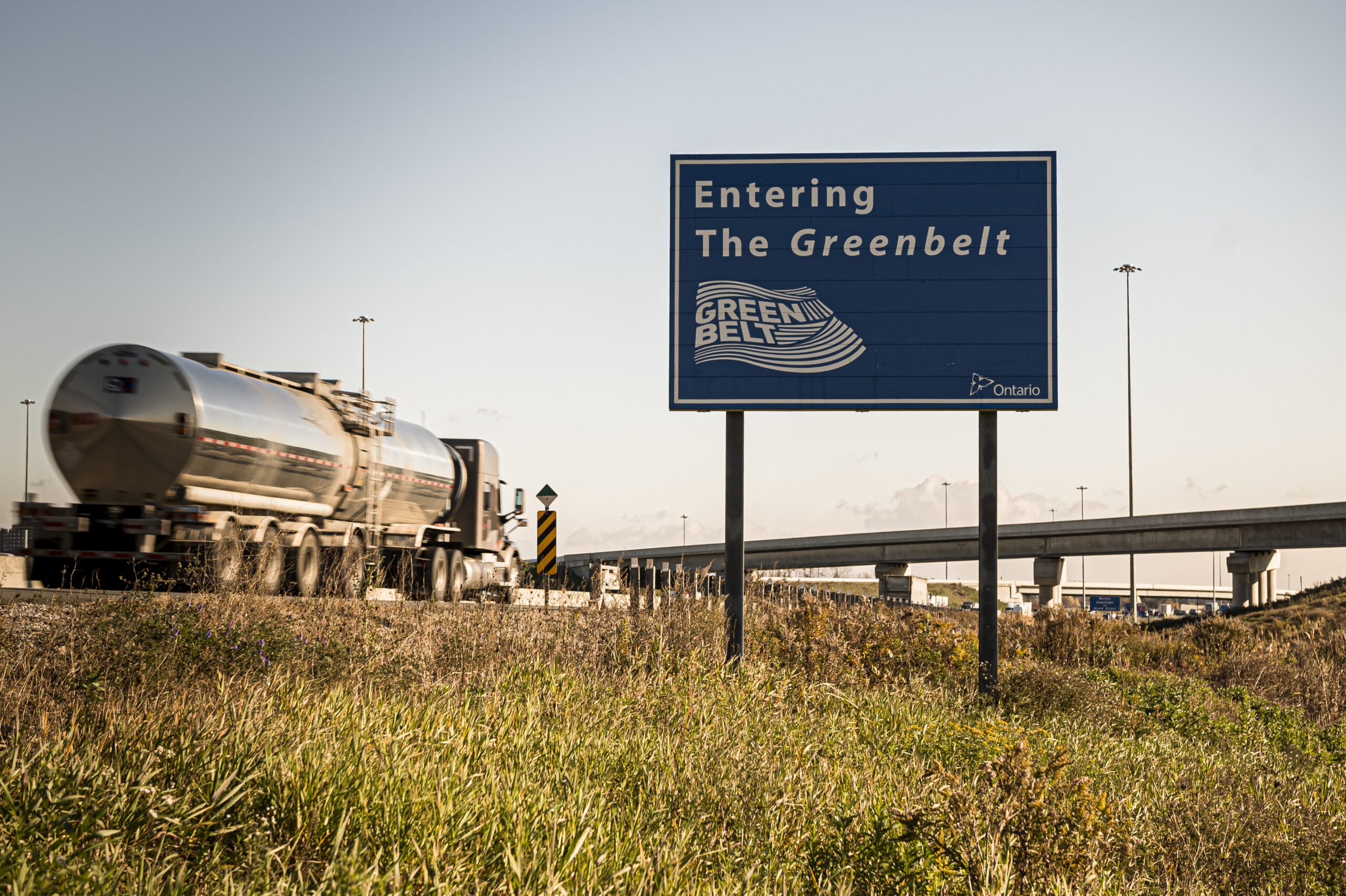
In her report, Lysyk highlights a dinner held by the Building Industry and Land Development Association, which represents more than 1,300 companies, on Sept. 14, 2022. There, prominent developers spoke to the housing minister’s chief of staff about two Greenbelt sites, giving him “packages” about the Duffins Rouge Agricultural Preserve and a site in York Region. One of these developers later asked the chief of staff to remove three additional sites in Hamilton and York Region. The chief of staff told Lysyk that he did not immediately open the packages and that he “did not tell the developers and landowners that the government was considering removing land from the Greenbelt.”
All five sites were ultimately removed from the Greenbelt, and account for 92 per cent of the land opened for development in December 2022. Lysyk’s report found that at least 14 of the 15 sites selected for removal from the Greenbelt came from Clark’s political staff, with only one coming from the Greenbelt Project Team.
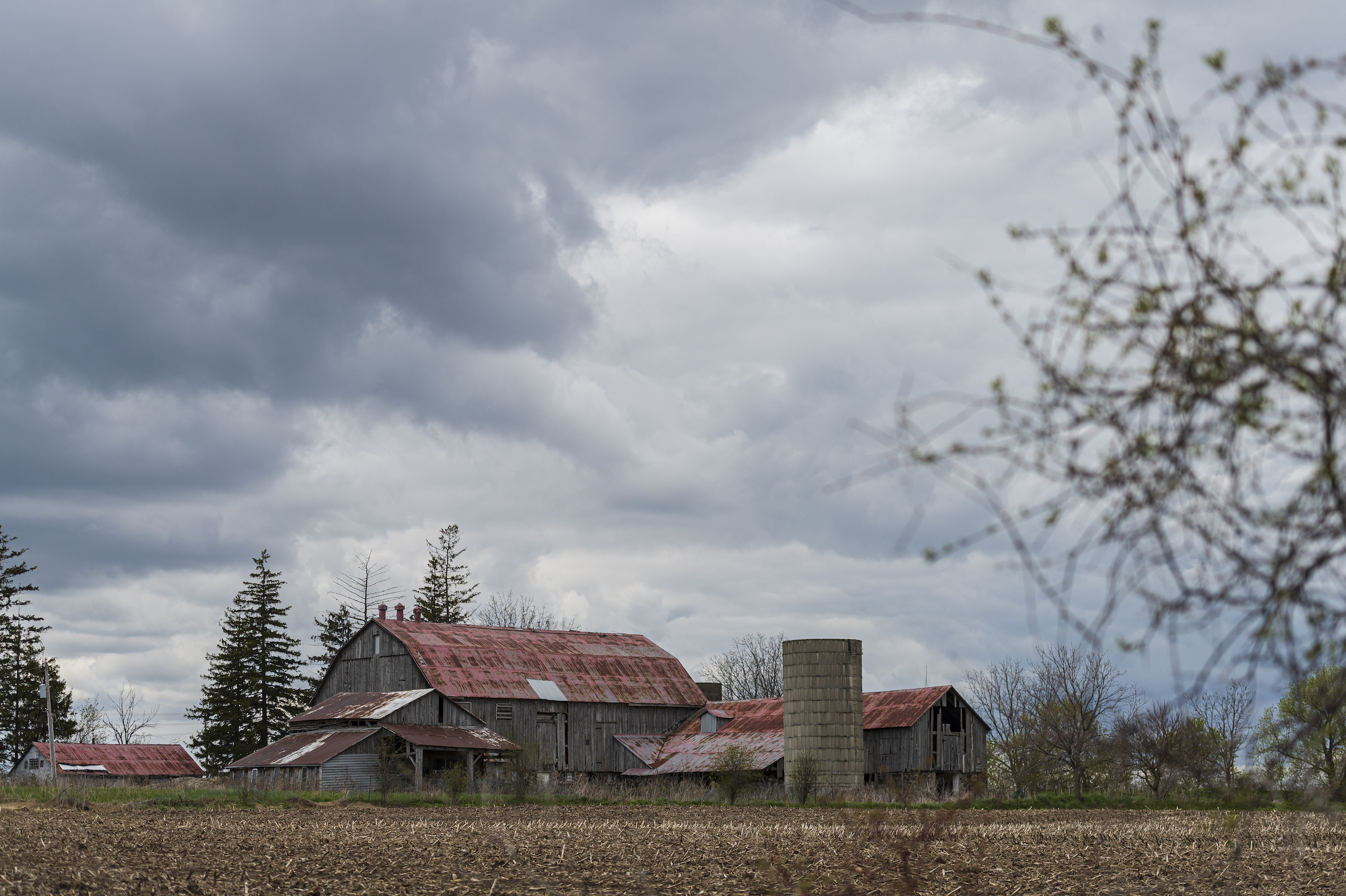
In October 2022, the chief of staff assembled a team of six non-political public servants for a Greenbelt Project Team. They were given just three weeks to assess 22 sites for the removal of environmental protections so that the announcement could coincide with the government’s fall housing legislation, known as Bill 23. All but one of the sites were brought to them directly by the chief of staff.
The criteria by which the team was meant to assess whether a Greenbelt site should be opened or not was repeatedly changed and limited. Initially, the team was instructed to identify sites that had existing or planned development infrastructure, such as roads, transit, sewage, utilities, schools and emergency services. But when the team told the chief of staff such an assessment would take more time, their criteria was changed to “merely confirm whether these land sites were adjacent to an existing developed area.” In fact, Lysyk finds the team was not allowed to consider the potential costs and time requirements to service the 15 lands removed from the Greenbelt.
The amendments didn’t end there. According to the report, when the Greenbelt Project Team said that eight of the initial sites could not be opened because they were sensitive agricultural lands, the chief of staff asked them to stop considering environmental and agricultural factors.
Similarly, when the Greenbelt Project Team determined that eight of the 22 sites could not be opened for development because they were in the middle of the Greenbelt, isolated from services and amenities, the chief of staff asked for changes to make the sites eligible. That meant expanding the boundaries of at least two sites to be closer to existing built-up areas, so they could be open for construction.
The team was also prevented from assessing how quickly housing could be built on these sites and at what cost.
When the team asked for more detailed information on any of the sites, Lysyk reported, the chief of staff directly reached out to developers and their teams and brought back five USB keys holding information. The team was not able to do any additional research to look for other sites, despite the fact that 630 site removal requests have been submitted to the housing ministry since the Greenbelt was established in 2005.
“Rather than have the Housing Ministry’s public service conduct a rigorous and comprehensive assessment of Greenbelt boundary change requests, as had been done in 2017, as part of a scheduled and co-ordinated review of Ontario’s land-use plans, the government embarked on a project (the Greenbelt Project) that was substantially controlled and directed by the housing minister’s chief of staff, who the was working under the authority of the housing minister and the premier’s office,” said the audit.
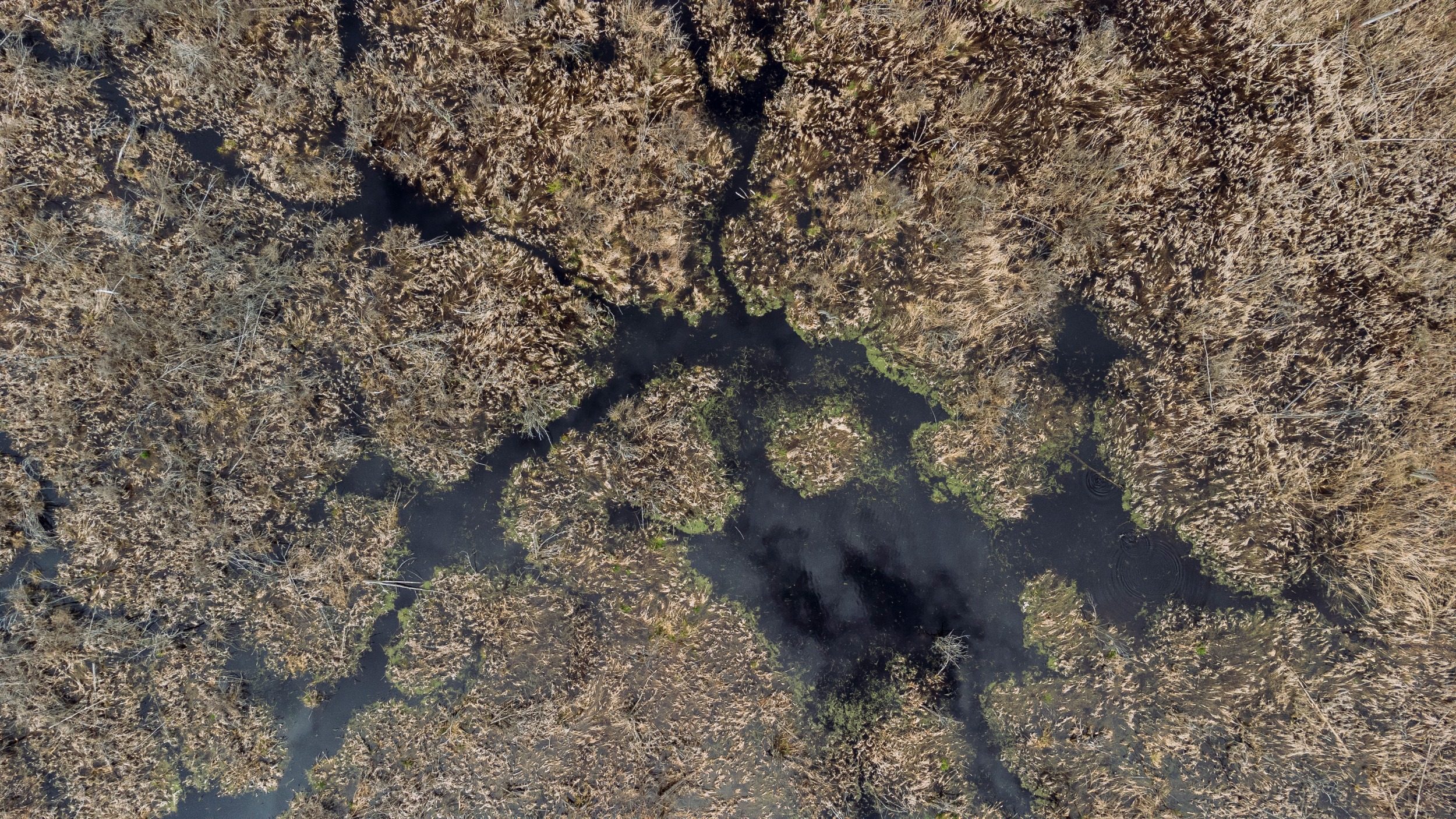
Lysyk found that 93 confidentiality agreements were signed, the majority after sites were recommended for removal, in the the process to create the government’s Greenbelt plan. This included members of the Greenbelt Project Team, as well as people in various ministries involved in consultations. These confidential agreements prevented signees from speaking with “other provincial ministries, municipalities, conservation authorities, Indigenous communities, subject matter experts and the general public,” the report says.
The Ontario government is legally mandated to ask for public consultation on any changes to environment or energy policy for at least 30 days. Lysyk’s report finds that the government was cautioned by political staff and other officials that 30 days would not be enough for the sweeping changes being proposed to land use policies in fall 2022, including the Greenbelt. Lysyk also found that the public notices for consultation were incomplete and inaccurate. Some notices were posted just 11 days after municipal elections, before new councils were sworn in and able to provide comment.
Despite repeated requests for more time from municipalities and the public, the government did not grant it. The Housing Ministry received 35,000 comments that were “overwhelmingly negative,” but no comments were addressed and no revisions were made.
The province’s duty to consult First Nations was also not sufficiently met, Lysyk found. It consisted of sending emails to 12 First Nations Chiefs and Indigenous leaders with broad information about the proposed changes to the Greenbelt and inviting their communities to contact a ministry director to discuss or provide feedback. The ministry also held virtual meetings with three First Nations. It sent another email in December 2022 informing First Nations of the final Greenbelt decision.
In July, the elected council of Six Nations of the Grand River voted to formally object to the Ford government’s Greenbelt changes, saying that because the province did not meet its constitutional duty to consult First Nations, the plan “breaks the law.”
After the report’s release, Lysyk told journalists she found the process “dismissive and disrespectful” of the public. “I do believe the government’s consultation process needs to be rethought and really respected,” she said, noting that not doing so would result in a loss of public confidence in government.
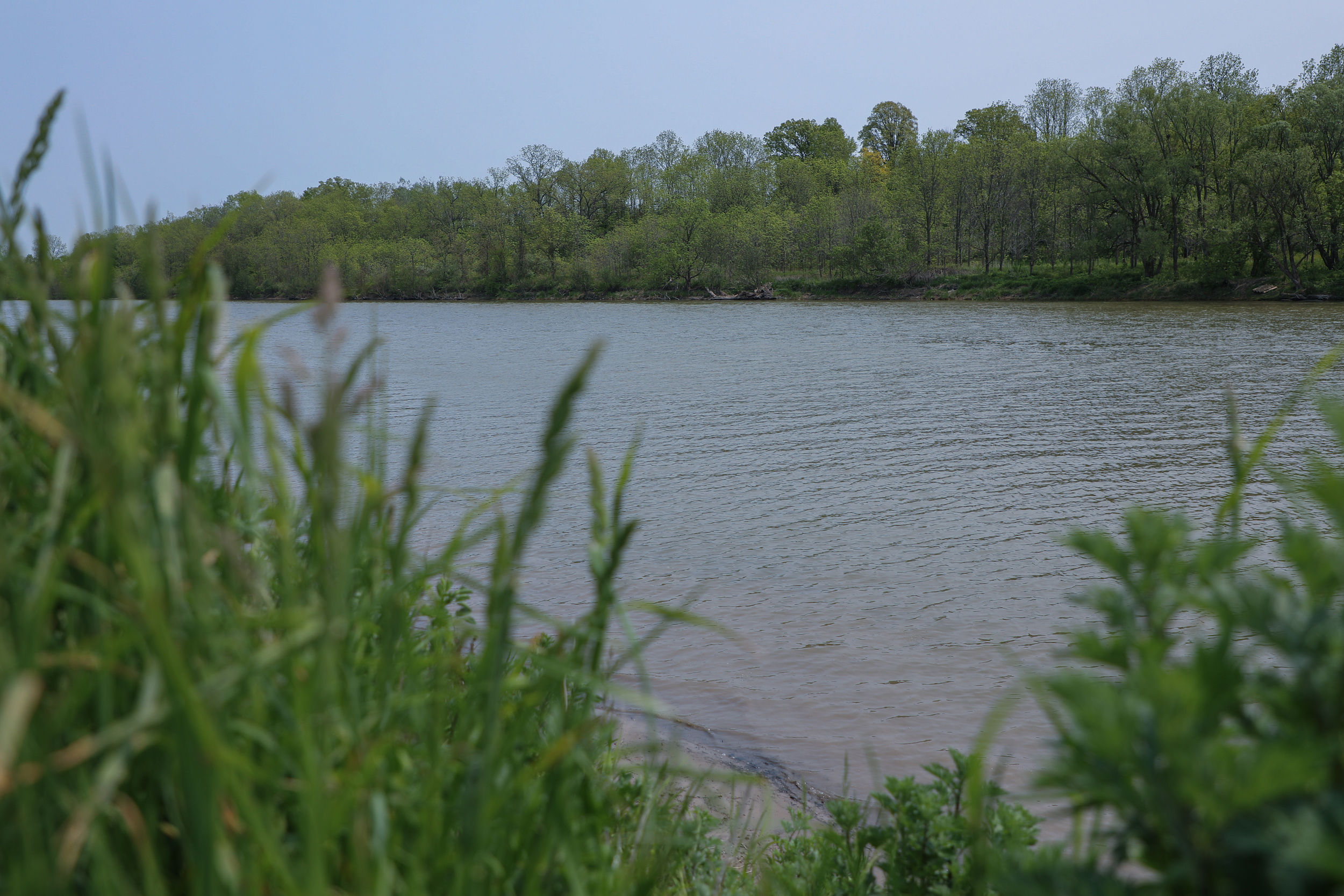
Public servants in the Agricultural Ministry estimate 76 per cent of the land removed from the Greenbelt was active and fertile farmland last year. The changes will result in the loss of more than 4,700 acres of farmland from Ontario.
Lysyk reiterates in her report what many critics of the Ford government’s Greenbelt plan have repeatedly said: “The removal of the Greenbelt lands was not needed to meet the government’s housing goals.” She cited interviews with the chief planners of three affected municipalities — York, Hamilton and Durham — who all said that there is sufficient, serviced land available for their communities to meet growth targets.
Lysyk also casts doubt on the government’s commitment to the housing goals it set months before the Greenbelt lands were opened. She confirms that the Housing Ministry sent housing targets to every municipality “without the knowledge that lands from the Greenbelt would be opened for housing development.”
In its initial announcement about developing former Greenbelt land in November 2022, the Ford government said it expected construction to begin on all sites by 2025. But Lysyk found that as of June 2023, neither the Housing Ministry nor the broader government had followed up on this timeline, set any performance indicators or any means of monitoring and measuring progress.
Lysyk cites the chief planner of Durham region, who estimates it will take 25 years to have all the infrastructure in place for housing development on the Duffins Rouge Agricultural Preserve, which accounts for 58 per cent of the land removed from the Greenbelt. Located next to Rouge National Urban Park, the preserve is part of a crucial wildlife corridor and the federal government has said it may be willing to intervene to protect the area depending on where and what exactly developers propose to build.
Lysyk found that the lines of political and non-political work were also blurred in daily operations. Political staff received emails from lobbyists and other external parties about the Greenbelt on their personal email accounts that they then forwarded to their government email and vice versa. Lysyk also found that emails were regularly deleted by political staffers and their calendars were “were not fulsome and clear so as to be able to ascertain the purpose of various meetings.”
All of this violates legislation that mandates government employees to solely use work phone numbers and emails for government duties and archive everything for record-keeping purposes. Lysyk’s report states that “Communication between lobbyists and political staff using their personal email accounts also creates the perception of preferential access and treatment, and thereby an unfair advantage to those receiving unauthorized confidential information from political staff.” However, she notes, emails about government business that go through personal accounts are still subject to freedom of information legislation.
— With files from Emma McIntosh and Denise Balkissoon
Updated on August 9, 2023 at 5:30 p.m. ET: This article was updated to include comment from the auditor general, premier, housing minister and opposition politicians.
Updated on August 10, 2023 at 10:32 a.m. ET: This article was updated to add that the integrity commissioner may investigate Steve Clark’s chief of staff.
Get the inside scoop on The Narwhal’s environment and climate reporting by signing up for our free newsletter. On a warm September evening nearly 15...
Continue reading
115 billion litres, 70 years to fix, $5.5 billion in lawsuits

Climate change, geopolitics and business opportunities power a blue economy

10 billion litres of sewage are dumped into Winnipeg’s lakes and rivers each year. Some...
